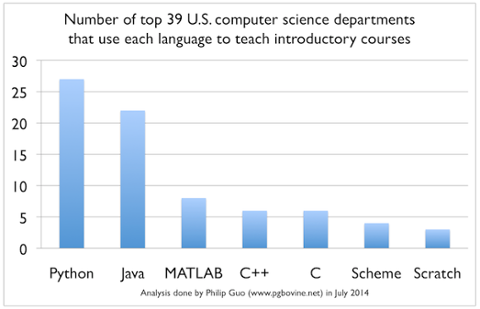
Python, one of the most popular (and often lucrative) languages around, is getting a new governance model. Instead of one leader, it will now have a five-person steering committee. Settling on a steering committee came after Python creator and leader Guido van Rossum decided his “Benevolent Dictator For Life” mantle was no longer suitable. Such titles are fun when you’re just starting out, but ring hollow when the thing you created is one of the most widely used open-source languages on Earth; in a certain way, aren't we all benevolent dictators of Python? Anyway, here's how the steering committee impacts you, the Python developer:
Red (The Bad Stuff)
- Python development will likely move much slower.
- Changes may be harder to implement.
- New steering committee members must be nominated by a ‘core’ team member. There are no term limits (benevolent dictators, indeed!).
Green (The Good Stuff)
- New voices in governance may have immediate, positive impact on Python's growth.
- Committee seems committed to governance, not an agenda (for now).
- Aligns Python’s governance model with other open source languages.


